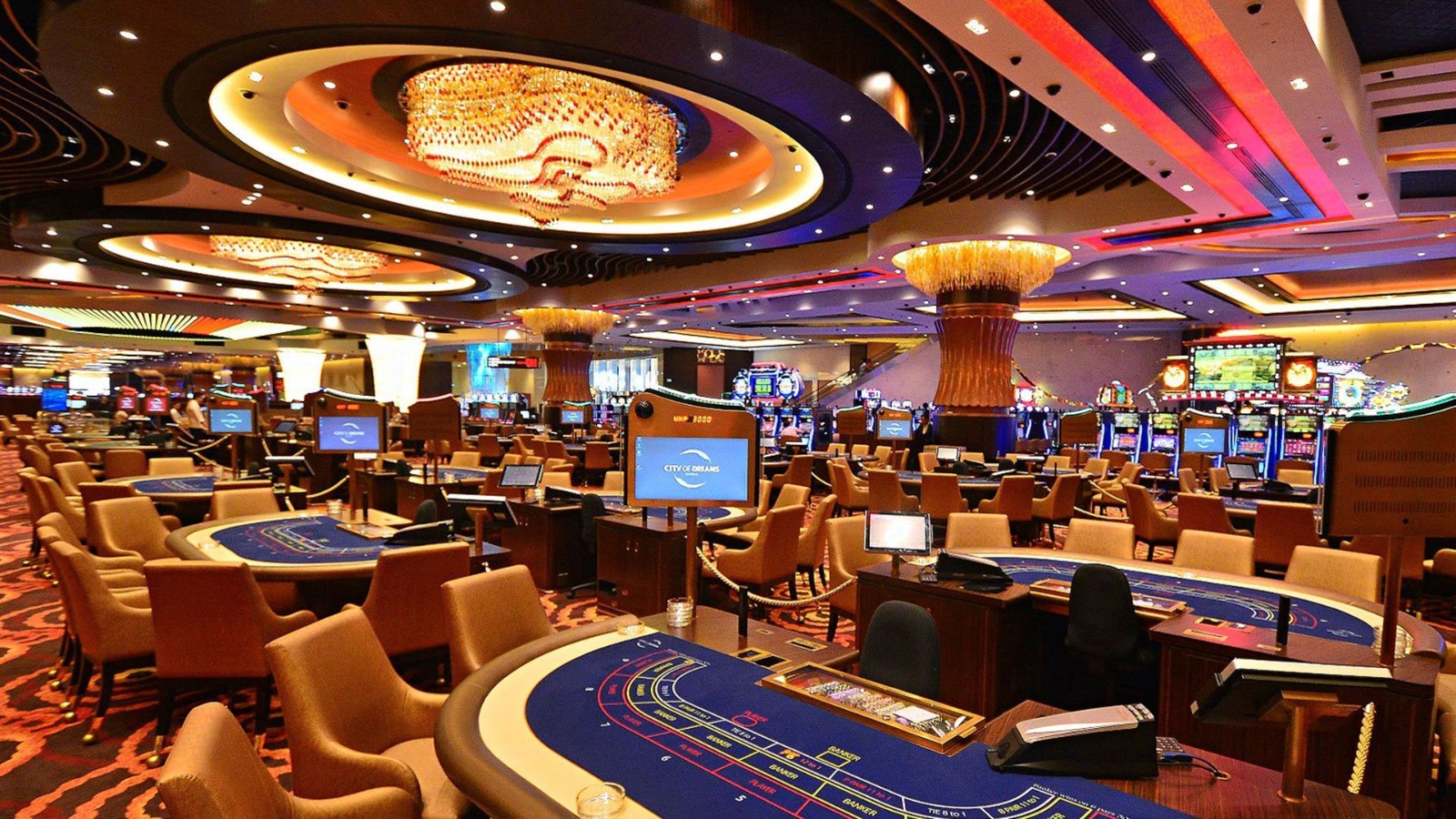การเล่นเกมสล็อตออนไลน์ในยุคปัจจุบัน ไม่เพียงแต่เน้นความสนุกและการทำกำไร แต่สิ่งสำคัญที่สุดที่ผู้เล่นหลายคนให้ความสนใจคือเรื่องของ ความรวดเร็วในการฝากถอนเงิน เพราะไม่มีใครอยากเสียเวลารอนานให้เสียอารมณ์ในการเล่น และหนึ่งในเว็บที่ตอบโจทย์ความต้องการนี้ได้ดีที่สุดก็คือ sawan7 สล็อตเว็บตรง ที่มีระบบฝากถอนเร็วเพียง 5 วินาทีเท่านั้น นอกจากนี้ยังมาพร้อมโปรโมชั่นเด็ดมากมายและการใช้รหัสพิเศษ sawan710 ที่ช่วยเพิ่มความคุ้มค่าและเปิดประสบการณ์ใหม่ให้กับผู้เล่นทุกคน
ทำไมระบบฝากถอนเร็วจึงสำคัญ
การเล่นเกมสล็อตออนไลน์ หากระบบฝากถอนช้า อาจทำให้ผู้เล่นเสียโอกาสในการทำกำไร เพราะบางครั้งเกมที่เล่นอยู่กำลังมาแรง แต่กลับต้องสะดุดเพราะเครดิตไม่เข้า หรือถอนเงินออกมาไม่ได้ในเวลาที่ต้องการ ปัญหาเหล่านี้จะไม่เกิดขึ้นกับ Sawan7 เนื่องจากที่นี่ใช้ระบบออโต้ที่ทันสมัย สามารถทำรายการฝากหรือถอนได้ภายใน 5 วินาที
ไม่ว่าคุณจะฝากเงินเข้ามาเพื่อใช้รหัส sawan710 เพื่อรับโปรโมชั่น หรือจะถอนกำไรออกไปใช้จริง ระบบก็ทำงานอย่างรวดเร็วและเสถียร ช่วยสร้างความมั่นใจให้กับผู้เล่นว่าทุกบาททุกสตางค์ที่ลงทุนไปจะได้รับการจัดการอย่างปลอดภัย
Sawan7 สล็อตเว็บตรงที่มั่นคงและเชื่อถือได้
อีกหนึ่งจุดเด่นที่ทำให้หลายคนเลือกเล่นกับ Sawan7 สล็อตเว็บตรง คือความมั่นคงและน่าเชื่อถือ เว็บตรงไม่ผ่านเอเย่นต์มีข้อดีคือผู้เล่นสามารถทำรายการได้ด้วยตัวเองโดยตรง ไม่ต้องผ่านคนกลาง ทำให้ลดความเสี่ยงในการถูกโกง และยังมั่นใจได้ว่าทุกโปรโมชั่นที่ใช้รหัส sawan710 จะได้รับสิทธิจริงตามที่เงื่อนไขกำหนด
ระบบทั้งหมดถูกพัฒนาให้มีมาตรฐานสากล ทั้งด้านความปลอดภัย ความโปร่งใส และความรวดเร็ว ส่งผลให้ Sawan7 กลายเป็นหนึ่งในเว็บยอดนิยมที่ได้รับความไว้วางใจจากผู้เล่นทั้งในไทยและต่างประเทศ
ความพิเศษของการใช้รหัส sawan710
สิ่งที่ทำให้สมาชิกของ Sawan7 ได้รับความคุ้มค่ามากกว่าที่อื่น คือการใช้รหัสพิเศษ sawan710 ที่สามารถปลดล็อกสิทธิพิเศษมากมาย ไม่ว่าจะเป็นโบนัสเครดิตฟรี การเพิ่มโอกาสในการหมุนฟรี หรือการเข้าถึงโปรโมชั่นที่ถูกออกแบบมาเฉพาะผู้เล่นบางกลุ่ม
การใช้รหัสนี้ยังทำได้ง่ายเพียงกรอกลงในช่องที่กำหนด ระบบออโต้จะประมวลผลทันทีและปรับเครดิตให้สมาชิกโดยไม่ต้องติดต่อเจ้าหน้าที่ ถือเป็นอีกหนึ่งจุดเด่นที่ช่วยเพิ่มความสะดวกและรวดเร็วในการเล่นเกมสล็อตออนไลน์กับ Sawan7
ฝากถอนเร็วใน 5 วินาที ดีต่อผู้เล่นอย่างไร
การที่ Sawan7 สล็อตเว็บตรง มีระบบฝากถอนออโต้เพียง 5 วินาที ช่วยเพิ่มประสบการณ์ที่แตกต่างให้กับผู้เล่นหลายด้าน เช่น การไม่ต้องรอนานในการเติมเครดิต การถอนเงินได้ทันใจเมื่อต้องการใช้ รวมไปถึงการกดรับโปรโมชั่นที่ใช้รหัส sawan710 ได้อย่างรวดเร็ว
ลองจินตนาการว่าคุณเล่นเกมสล็อตแตกแจ็คพอตได้ และสามารถถอนเงินออกมาได้ภายใน 5 วินาที ความประทับใจนี้จะยิ่งทำให้มั่นใจว่าเว็บนี้คือคำตอบที่ใช่สำหรับนักเดิมพันที่ไม่ชอบความล่าช้า
โปรโมชั่นมากมายควบคู่กับความเร็ว
นอกจากระบบฝากถอนที่รวดเร็วแล้ว Sawan7 ยังมาพร้อมโปรโมชั่นที่จัดเต็มและหมุนเวียนไม่ซ้ำ ไม่ว่าจะเป็นโบนัสต้อนรับสำหรับสมาชิกใหม่ โบนัสฝากแรกของวัน โปรโมชั่นคืนยอดเสีย รวมถึงโปรโมชั่นสุดพิเศษที่ต้องใช้รหัส sawan710 เพื่อปลดล็อก
โปรโมชั่นเหล่านี้ออกแบบมาเพื่อให้ผู้เล่นได้รับความคุ้มค่ามากที่สุด ไม่ว่าจะเป็นมือใหม่หรือมือโปรก็สามารถเข้าร่วมได้อย่างง่ายดาย และเมื่อรวมเข้ากับระบบฝากถอนเร็ว 5 วินาที ยิ่งทำให้ทุกการเล่นเต็มไปด้วยความสะดวกสบายและคุ้มค่ามากกว่าเดิม
ประสบการณ์จริงจากผู้เล่น
ผู้เล่นหลายคนที่ได้ลองเล่นกับ Sawan7 สล็อตเว็บตรง ต่างพูดเป็นเสียงเดียวกันว่าความเร็วในการฝากถอนคือสิ่งที่ทำให้ประทับใจมากที่สุด เพราะไม่ว่าจะฝากหรือถอน ระบบก็ทำงานทันที ไม่ต้องรอคิวหรือกังวลเรื่องการติดขัด
หลายคนยังเล่าว่าการใช้รหัส sawan710 ทำให้ได้รับโบนัสและสิทธิพิเศษที่ไม่เคยเจอจากที่ไหนมาก่อน ซึ่งสิ่งเหล่านี้ทำให้ Sawan7 กลายเป็นเว็บที่ถูกบอกต่อกันแบบปากต่อปาก และเป็นหนึ่งในเว็บที่มีฐานผู้เล่นเติบโตขึ้นอย่างต่อเนื่อง
ความแตกต่างที่ทำให้ Sawan7 เหนือกว่า
หากเทียบกับเว็บทั่วไปที่ยังใช้ระบบฝากถอนแบบแมนนวลซึ่งอาจใช้เวลาเป็นนาทีหรือชั่วโมง Sawan7 สล็อตเว็บตรง ถือว่าเหนือชั้นกว่าอย่างชัดเจน เพราะการฝากถอนเพียง 5 วินาทีทำให้ผู้เล่นไม่เสียจังหวะในการเดิมพัน
เมื่อรวมเข้ากับโปรโมชั่นพิเศษและรหัส sawan710 ที่ช่วยเพิ่มความคุ้มค่า ยิ่งทำให้เว็บนี้กลายเป็นตัวเลือกอันดับหนึ่งของนักเล่นสล็อตออนไลน์ในปัจจุบัน ไม่ว่าจะเล่นเพื่อความสนุกหรือเล่นเพื่อหวังทำกำไร เว็บนี้ก็สามารถตอบโจทย์ได้อย่างสมบูรณ์
ระบบออโต้ที่ครอบคลุมทุกบริการ
ไม่ใช่เพียงแค่ระบบฝากถอนเท่านั้นที่รวดเร็ว แต่ระบบทั้งหมดของ Sawan7 ยังทำงานแบบออโต้ ไม่ว่าจะเป็นการสมัครสมาชิก การเลือกรับโปรโมชั่น หรือการใช้รหัส sawan710 ทุกอย่างสามารถทำได้ด้วยตัวเองง่ายๆ โดยไม่ต้องผ่านเจ้าหน้าที่
ความเป็นออโต้แบบครบวงจรนี้ ทำให้ผู้เล่นรู้สึกสะดวกสบายและมั่นใจได้ว่าทุกขั้นตอนโปร่งใสและปลอดภัย นี่คือสิ่งที่ทำให้ Sawan7 สล็อตเว็บตรง แตกต่างจากเว็บอื่นอย่างแท้จริง
สรุปความคุ้มค่าของการฝากถอนเร็วใน 5 วินาที
ในยุคที่ทุกวินาทีมีค่า การเลือกเว็บสล็อตออนไลน์ที่มีระบบฝากถอนเร็วเป็นสิ่งสำคัญที่สุด และ Sawan7 สล็อตเว็บตรง ก็ตอบโจทย์นี้ได้อย่างสมบูรณ์แบบ ด้วยระบบฝากถอนออโต้เพียง 5 วินาทีที่ทำให้ผู้เล่นมั่นใจได้ว่าไม่มีการสะดุดในการเดิมพัน
เมื่อรวมเข้ากับโปรโมชั่นมากมายและรหัสพิเศษ sawan710 ที่ช่วยเพิ่มโอกาสในการทำกำไรและปลดล็อกสิทธิพิเศษต่างๆ ยิ่งทำให้เว็บนี้เป็นตัวเลือกที่ไม่ควรมองข้าม ไม่ว่าคุณจะเป็นผู้เล่นมือใหม่หรือมืออาชีพ หากต้องการประสบการณ์ที่รวดเร็ว ปลอดภัย และคุ้มค่า Sawan7 สล็อตเว็บตรง คือคำตอบที่ดีที่สุดในตอนนี้









